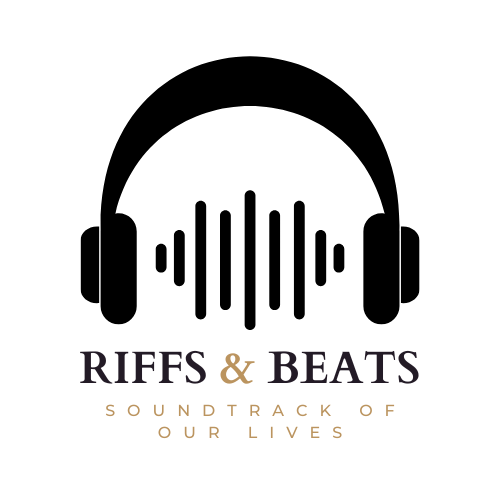Glam in its purest riff
20th Century Boy would be one of the rare riffs that might walk a silver-booted runway with eyeliner. Marc Bolan hypnotizes the first warped growl of guitar. Released in March 1973 as a solo single, this is not a song that only strikes your ears. It comes shimming in, pours itself a drink, and claims it’s prettier than you. It is as well.
By the time Bolan tracked this song; T. Rex were already diamond kings. Bolan had headed the procession, part elf, part Elvis, all electricity, as glam rock was in full peacock bloom. 20th Century Boy raises the trend into something legendary rather than just keeps it on. Under the direction of the always-slick Tony Visconti, the production is raw but huge. It’s bronze swagger featuring handclaps, fuzzed-out guitars, and Bolan’s distinctive warble—part whisper, part feline growl.
With this one, Bolan may have written hits in his sleep. There is no chorus in the usual meaning; rather, the repeated headline slams into your mind like a glamorous sledgehammer. The lyrics? At the highest order nonsense poetry. Friends say he’s fine / Friends say he’s good / Everybody says he’s just like Robin Hood.” It’s Dadaism with glitter on top and surrealism as seduction. It works, though; Bolan’s voice sells every word like gospel.
Guitars tremble, Marc howls, and it’s ‘gang awa’ with another in his series of rhythmicentertainments.
(Chris Welch, Melody Maker, 1973)
The track’s swagger is inextricably linked with its time. Bolan went for delight in a decade when rock was becoming inflated extravagance or sincere self-discovery. In helping to define the glam philosophy: yes, style over substance, but what style? Though that would be missing the point, you could characterize it shallow. Bolan’s manifesto was 20th Century Boy. He showed up dressed as a space-age dandy in a world of denim honesty and reminded us that rock ‘n’ roll could still be sensual, funny, and amazing.
It’s also a song that grew like a cult classic, rediscovered by every generation searching for an explosion of raw attitude. It endures from car advertisements to covers by Def Leppard and Siouxsie. Not because it speaks something profound, but rather because it says everything loud. And in the end Bolan gave the 20th century louder dreams, flashier heroes, and a riff that resists to fade slowly.





